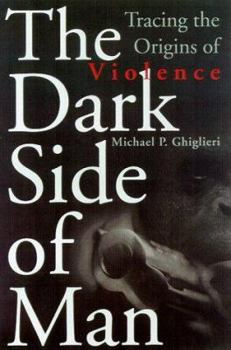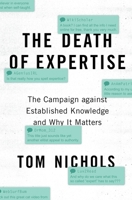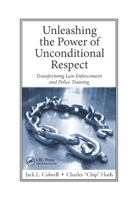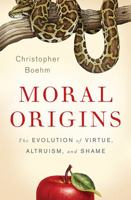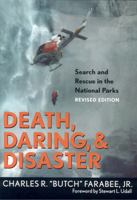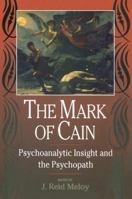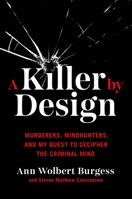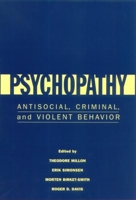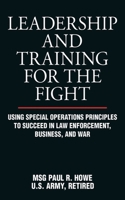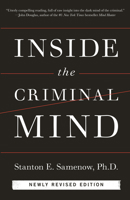The Dark Side of Man
Select Format
Select Condition 
Book Overview
You Might Also Enjoy
Customer Reviews
Rated 5 starsOh my goodness, say its not so!
Many will find this book disturbing, but I loved it. The best thing about this book is that Ghiglieri went right to the core issues and questions about violence -- deals with it all from rape to genocide -- nothing left out. While I do not think he has the full and final word on the subject, anyone who is serious about dealing with violence MUST read this book or they are automatically out of the loop and cannot be taken...
0Report
Rated 5 starsPC Police beware.
You will probably find that most other reviews of this book say something along the lines of "Interesting arguments, but..." or "Compelling stories, but..." We have grown accustomed to living well and find it almost incomprehensible that man at his basest nature is evil. We therefore try to caveat the common sense conclusions and compelling stories found in Dark Side of Man and say to ourself that things really can't be...
0Report
Rated 5 starsSuperb
Michael's book is grounded in rock solid science and I just love this book. If you want to understand huMAN nature, this is one of the fine starting points. The subject matter is incredibly controversial and he handles it very well. Rape, violence, genocide, war...all the stuff men are good at are discussed here. The author's reasoning is compelling. This book is among my 100 all time favorites. Buy it, read it...
0Report
Rated 5 starsAn outstanding read; cutting edge of sociological solutions
Ghiglieri's remarkable book provides a road map into the understanding of male human behavior. Merging the scientific disciplines of biology, psychology, sociology and anthropology, this outstanding book compiles a statistical and scientific foundation for America's next generation of thinkers. From the issue of gun control to problems with interracial relationships, Ghiglieri's considerations and conclusions reach the...
0Report
Rated 5 starsA well written, thought provoking look at violence
I highly recommend this objective, scientifically-grounded look at male violence. The book is filled with fascinating examples, anticdotes and statistics to support the author's hypothesis which often conflicts with society's traditional view of violence. Additionally, Dr. Ghiglieri's writing style is clear, concise and entertaining.This book is a must read for anyone with a curious mind and desire to be part of a better...
0Report











